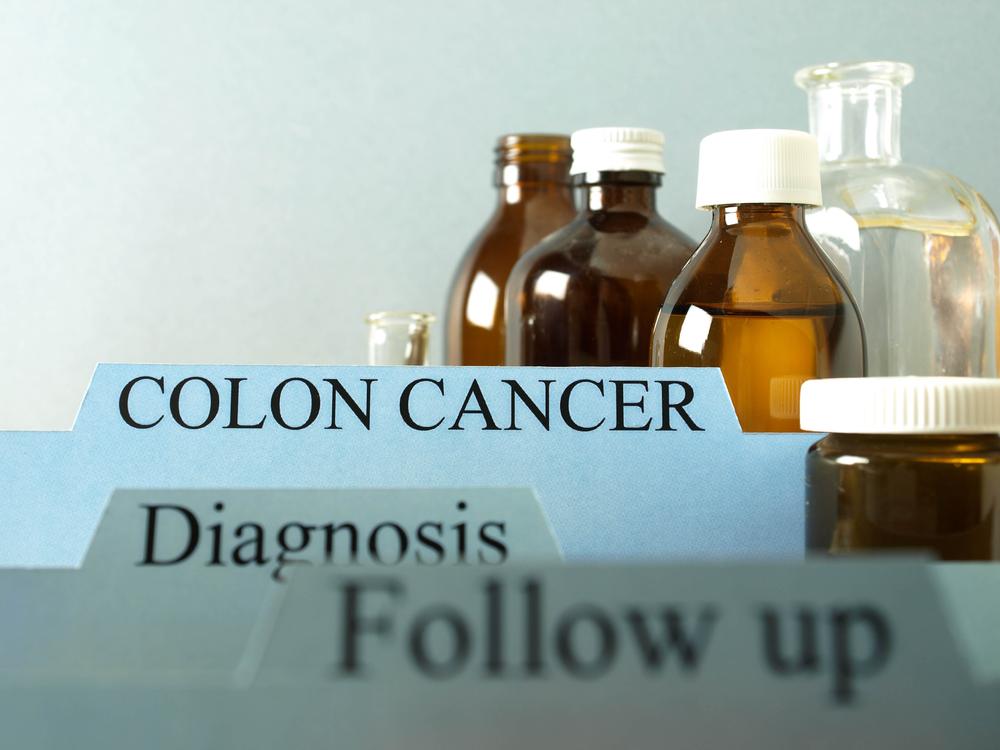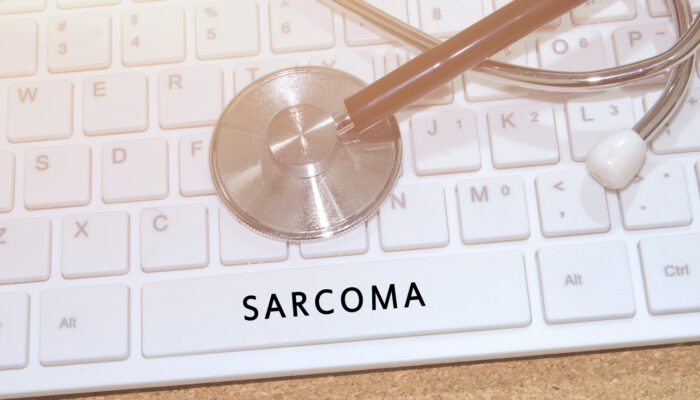
Treatment for the different stages of colon cancer
To treat colon cancer, it is important to determine which stage the cancer is at. The stage of cancer would help in determining the extent of cancer and that helps in drafting the treatment plan accordingly. In most of the stages except for the fourth, surgery might be required to remove the tumor. Several other treatment options are also available to go in conjunction with one another. The following are the treatments available for colon cancer according to the stage:
- Stage 0
In this stage, the cancer is only found in the innermost lining of the colon. Surgery must be done in this case to remove the affected part. A procedure called polypectomy would be performed by the surgeon which means the tumor and the nearby tissue would be removed. In the case that a larger part of the lining is affected, the surgeon would have to remove the affected part completely, and reattach the healthy tissue for the bowels to still work effectively. This procedure is known as anastomosis. - Stage 1
In this stage, the tumor has spread beyond the inner lining of the colon to the second and third layers, surgery would be required to remove the tumor and the tissue around it. Most people do not usually require any further treatment after this surgery is done. - Stage 2
In this stage, cancer has spread through the muscular walls of the colon but hasn’t reached the lymph nodes (the structures in the body which store and produce cells which fight against diseases) yet. Surgery to remove the affected part and the tissue around it would be required as a treatment option for this stage.
In addition to this, chemotherapy is also suggested as a treatment option to prevent cancer from coming back. This is done only for people who seem likely to develop the disease again. An oncologist would be better suited to decide on whether an individual requires chemotherapy at this stage or not, as the only role it plays at this point is the prevention of the disease from returning.
- Stage 3
At this main stage of colon cancer, the cancer has spread past the colon and is present in one or two lymph nodes. Thereby, the subsequent treatment options would involve surgery for the removal of the tumor and the lymph nodes. This would be followed by chemotherapy. In some cases, radiation therapy may also be recommended for the treatment of colon cancer at this stage. - Stage 4
This is the final and the most advanced stage of colon cancer. Thereby, surgery, chemotherapy, and in some cases, radiation therapy would be involved in the treatment of colon cancer at this stage. Targeted therapy may also be suggested for treatment in some cases.
The treatment is dependent on the main stage of colon cancer. People at stage 1 and 2 of colon cancer have observed the highest survival rates. No matter how advanced the cancer is, the treatment would always depend on multiple factors such as how the individual responds to the treatment, their age, etc. There is always scope for hope.



